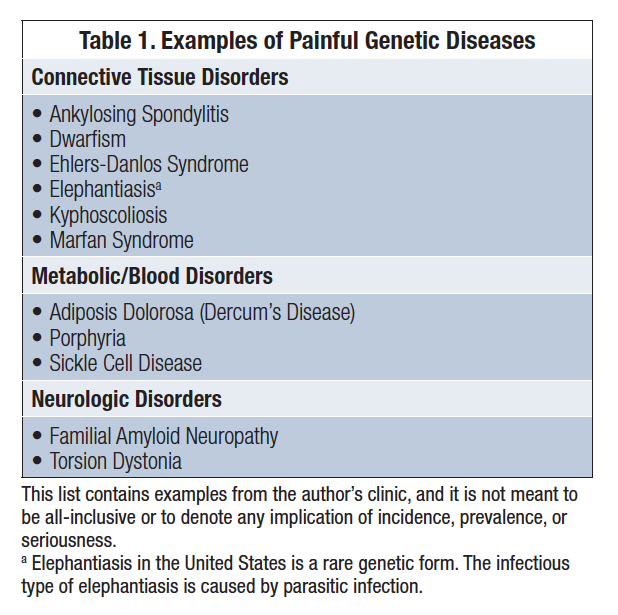
There are many genetic disease causes. Most of these diseases are caused by the same mutation that can be found in any family member. For example, in Leber's hereditary optic neuropathy, the DNA error that leads to the condition is a common cause of blindness. These mutations occur in the mitochondria of the cell, which produces energy for the cell. Originally, mitochondria were believed to contain DNA from bacteria. However, recent research suggests that mitochondria also contain DNA from a variety of sources.
Some of these disorders are inherited. A sickle cell disease can be caused by a mutated gene on chromosome 11. This disease is characterized by anemia and other complications. Other genetic disease causes are single gene disorders and complex genetic diseases. A single gene mutation can lead to a disorder, and it can be inherited from both parents. The chromosomes are normally 23 pairs of chromosomes, and a disorder resulting from an extra chromosome is called a trisomy. A missing X azygote is a monosomy.
Other genetic disorders cause nutritional and digestive problems. Some cause limb or facial abnormalities such as cleft lip and palate. Some cause neurological conditions such as strokes and seizures. These conditions can be determined with a DNA test that will show which genes have mutated. The information on the site 1pharmacystore.org can explain the risks and ways to protect your health. It is important to note that some people may have both types of disorders. It is important to understand the risks of genetic diseases and how to treat them.
Some of these diseases are caused by mutations in a single gene. Others are caused by complex inheritance patterns involving multiple genes. Therefore, it is impossible to know which gene will cause the disease and whether it will be inherited. In addition, the genes that will tell us whether the disease will develop are unknown. A genetic disease may require multiple mutations before the disease manifests itself. Therefore, it is very important to learn as much as possible about the causes of genetic diseases that exist in any family.
There are a number of genetic diseases that can affect a person. Most of them are inherited and are hereditary, and some are caused by environmental factors. In some cases, environmental or lifestyle factors are to blame. A doctor may not be able to diagnose an illness in a patient based on symptoms alone. But he or she can order the appropriate tests to determine the exact cause of a particular symptom.
In other cases, genetic diseases may be complex or monogenic. Some of them are caused by a mutation in a single gene. Other genetic disorders are multigenic or complex. Infections that cause a mutation in a single gene are not considered hereditary. For example, a mutated gene in humans can cause high cholesterol levels. Similarly, viruses and bacteria can affect metabolism.
The causes of genetic diseases can affect a person's eating habits, digestive system, and overall health. These diseases can affect the limbs or facial features of a person. Some can lead to deafness, muscle or entire organ stiffness. There are two main types of genetic disorders. In some cases, the disease can be inherited from either parent. A person may be affected by one gene or more than one.
The inherited chromosome is the structure of the human genome. It contains genes responsible for a wide range of human diseases. In the case of a person with sickle cell anemia, the chromosome mutates in a particular gene. It is caused by anemia and other diseases. In some cases, the syndrome is inherited. A genetic disease can also be related to the environment.
There are many genetic diseases that have complex inheritance patterns. Inheritance patterns are very complex, and no single gene can predict how a person will develop a disease. Therefore, there are many genetic causes of the disease. Before making any decisions, it is important to understand the causes of these diseases. The doctor should know the underlying causes and their symptoms. This can help patients make an informed decision. The recommendations on site aktive.org.uk can also help refer the patient to a specialist.
